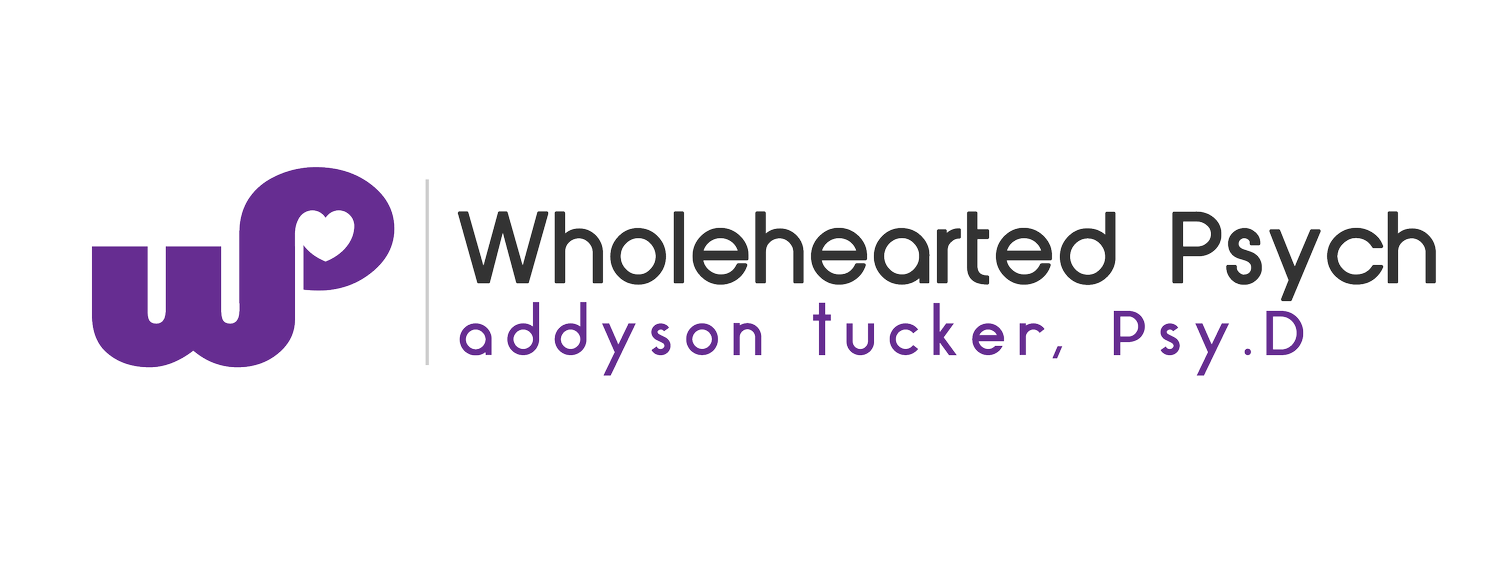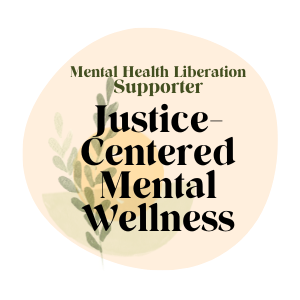Tip #1 for Finding an Inclusive, Trans-Affirming Therapist: Explore therapist match sites with similar values. (Tip # 1 of 7)
Original post published 11/15/23: 7 Tips for Finding an Inclusive, Trans-Affirming Therapist Finding a therapist is easy, but finding a trans-affirming, inclusive and affirming therapist in your area may feel like finding a needle in a haystack.
Your task is to find a therapist.
Easy! I know how to use google.
Now, find someone who has openings.
Harder, but I think I can do that.
But wait! Make sure they have an approach matches your values, affirms your identity, & supports you to do this super vulnerable work.
Oh nooo…
There is no right or wrong way to search for a therapist.
Last week, I shared a few scenarios that are all too common for trans and nonbinary folks who are ready to dig into some deeper work with a trans-competent provider.
In short, this process can be A LOT, but it is 100% worth it when you find that provider who feels like a solid option.
Some search based on qualities they eappreciated in a prior therapist, while others seek qualities that are anything but similar to their prior therapist.
Some have never been in therapy before and have no idea what they’re looking for!
Some comb through tons of profiles and talk with multiple therapists for consults and/or intakes to see who feels like the best potential match.
Some have an ‘easier’ choice because of limited options due to their location, finances, and/or specific treatment needs.
Ideal qualities of a trans-affirming therapist near you
It can be helpful to spend some time identifying what your ideal match could look like.
Finances: Insurance coverage, cost of out of pocket, flexibility with rate, etc.
Practical: Location, treatment mode (e.g., telehealth vs in-person, 1:1 vs. group), time available to meet; accessibility/accommodation needed, etc
Therapist Identity: ideal or preferred identity , lived experience, background, language spoken, etc
Therapist style: treatment approach, area of expertise, values, personality style, etc
For any fans of Indian Matchmaking, Sima Auntie says that if you get 60/70%, you should proceed.* Essentially, you want to have some flexibility around anything that is not a ‘deal breaker.’
In a future post for this series, will offer tips to narrow down and ask important questions when you are ‘interviewing’ potential therapists.
Digging into Tip #1:
Explore therapist match sites with similar values.
Once you have your list of potential criteria, you can begin reviewing profiles and websites of potential therapists.
There are dozens of therapist match sites that allow you to look through a list of therapists, as well as articles & blogs that offer suggestions for navigating that process.
Most therapist search sites have learned about the importance of providers indicating the populations and specialties they have experience supporting (with or without lived experience). However, there are very few that intentionally seek and accept providers who have ‘done the work’ beyond just being affirming.
For Example: That might mean the difference between a provider who is trans-friendly and can use your name/pronouns in their paperwork process - versus - a provider who can additionally hold space for the impact of navigating anti-trans oppression as it intersects with how you are read by colleagues at work.
The difference makes sense, because a lot of ‘the work’ that providers do, related to supporting our clients who face oppression and stigma, happens outside of our schooling. Most therapists who went through graduate school will resonate with having had maybe 1-2 multicultural classes that emphasized the importance of understanding & addressing difference in the therapy room.
e.g., my doctoral program had 1 multicultural class with a different topic each week, only one, 3-hour class focusing on the LGBTQ+ population as a whole!
Not all therapist match sites are alike.
A) General Therapist Match Sites (e.g., find a provider tool on insurance website, Therapy Den, etc)
When using a more general search site, I recommend being specific with your search filters when possible. We need to use discretion when navigating these various sites and match services, ESPECIALLY those services and providers that claim they are able to work with what seems like all populations, concerns, diagnoses, identities, etc.
For example, a therapist might select the box that says they work with the LGBT population, but when you look at their website there is no mention of trans care on there.
One can be a generalist in providing mental health services, but that does not mean they have the experience, knowledge, skills, and/or awareness to actively support everyone who reaches out.
B) Therapy Niche or Identity-Based Sites (e.g., trans-affirming therapists, trauma specialty providers, etc)
There are specific match sites that connect potential clients with therapists who specifically work with their identity and/or lived experience.
For example, the National Queer and Trans Therapists of Color Network (NQTTCN) is a great directory.
Inclusive Therapists has an UNBELIEVABLE RESOURCE PAGE!
It includes a long list of directories & communities that serve particular identities and/or lived experiences.
You might also check out this article, which reviews tips for finding culturally-affirming care.
Alternatively, you might search for a site that maintains a list of providers that have been trained in a particular approach consistent with your values and/or the work you’re hoping to dive into.
For example, the Center for Body Trust has a directory of the providers (including me!) who have completed their extensive training program for liberation-centered, fat-positive, divestment from the dominant weight paradigm.
And last but not least, deserving of its own category…
Inclusive, Liberation-Centered Therapy Match Sites, specifically Inclusive Therapists!
This growing community has a directory of therapists who value serving marginalized communities (including me!). Before being listed, providers are vetted for their cultural competence, as well as their self-work related to navigating power, privilege, and identity.
But wait! It gets better!
Mental Health Liberation is empowered by Inclusive Therapists. This nonprofit invests in BIPOC Wellness by funding free, quality mental health care, while empowering Clinicians of Color to serve BIPOC and Global Majority communities. DONATE HERE for the next round of applications.
Next time, we'll discuss Tip #2:
Don’t get distracted by the shiny things.
7 Tips for Finding an Inclusive, Trans-Affirming Therapist Near You
Explore therapist match sites with similar values.
Don’t get distracted by the shiny things.
Expand your search and find your people.
It’s OK to be picky. Interview your therapist.
Does the provider ‘practice what they preach’?
Trust the process. Trust yourself.
Figure out your finances.
Stay tuned as we continue to expand on these tips.
Check out previous posts from this Weekly Blog Series!
Footnotes & References
*There are some complicated dynamics around how Indian Matchmaking was initially launched, as well as comments by Sima Auntie throughout the show that perpetuate some stigmatizing messages.
Article referenced above | How to find an inclusive therapist: Tools for finding culturally-affirming care (Aug 2022)









